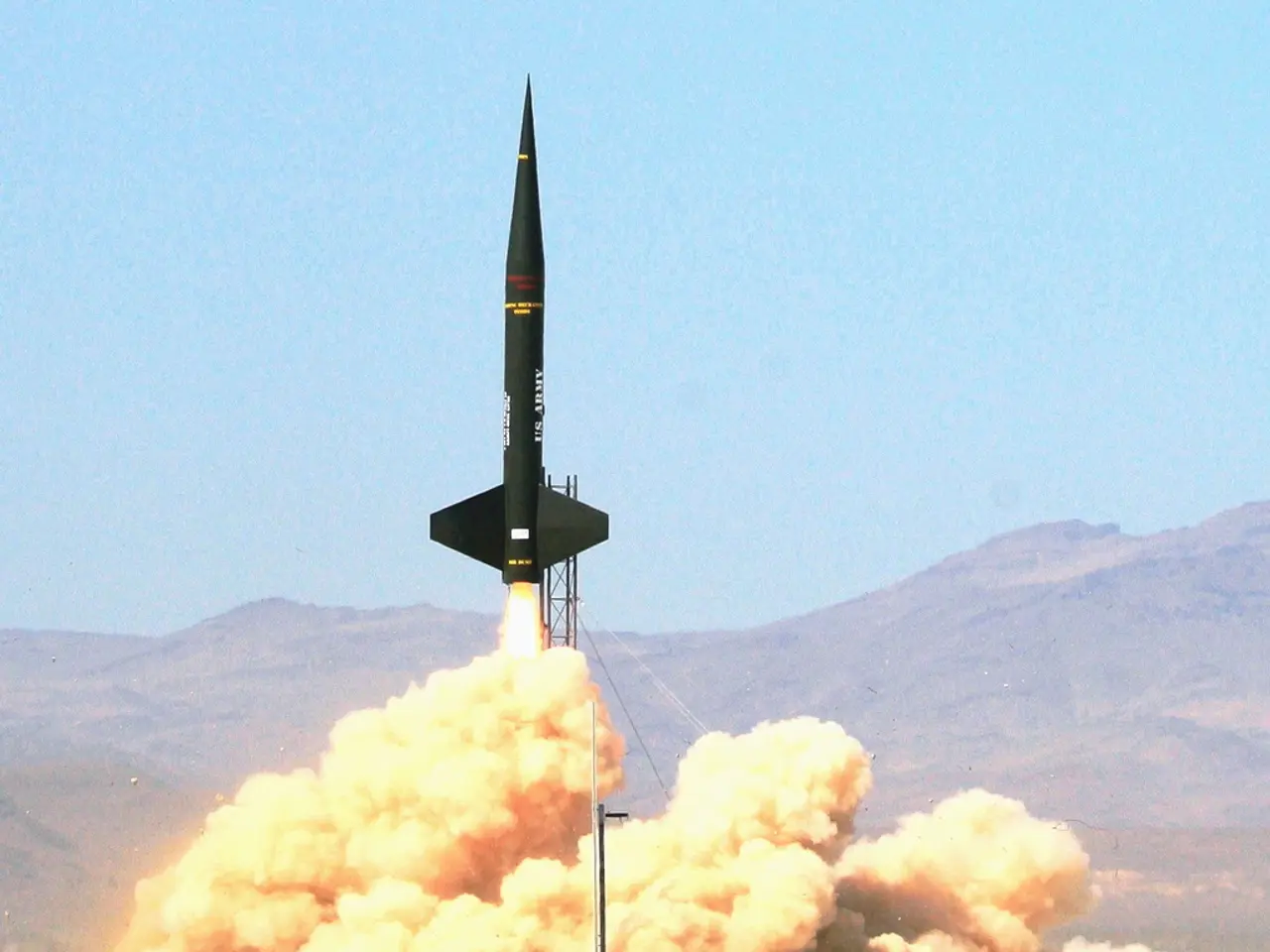NASA Allegedly Ordered to Destroy Crucial OCO Satellite, a Potential Legal Violation
In a move that has sparked controversy, the Trump administration has proposed to terminate the OCO-2 satellite mission and an OCO instrument attached to the International Space Station as part of its fiscal year 2026 budget proposal.
The OCO-2 satellite, launched in 2014, and OCO-3, an instrument on the ISS launched in 2019, have been critically important for climate science. They provide high-resolution, global measurements of carbon dioxide concentrations, improving scientists' ability to understand carbon cycle processes and track emissions.
OCO-2, often referred to as the "gold standard" in space-based carbon dioxide measurements, has been providing useful data to scientists since its launch. It has become essential in supporting the Paris Agreement by measuring urban CO2 emissions, monitoring forests and crop growth, and detecting photosynthetic activity crucial for forecasting droughts and food security.
The planned shutdown of the OCO missions poses significant risks. If implemented, it could weaken the global capacity to monitor greenhouse gas levels and verify emissions commitments, impairing policymaker and international agreement efforts like the Paris Accord. It could also lead to the loss of critical early-warning systems for drought, famine, and crop failures, especially in vulnerable regions. Furthermore, it could undermine the scientific evidence base needed to track climate progress and design environmental interventions, reducing the accuracy and completeness of future climate predictions.
The decision to end the OCO missions is being met with strong opposition within NASA and from Congress. Arguments against the move suggest that it is premature and possibly illegal, as it would be carried out before a Congress-approved FY26 budget and despite the satellites being in excellent working condition with high-quality data outputs.
David Crisp, a retired NASA employee who helped design the instruments, has revealed that he received sharp questions from NASA employees about termination plans. Democrats are warning NASA not to end missions that Congress has already funded, with Representative Zoe Lofgren, the ranking Democrat on the House Committee on Science, Space and Technology, stating that eliminating funds for Earth-observing satellites would be illegal.
If the OCO-3 mission is terminated, the instrument could potentially be recovered if the decision is reversed later. For OCO-2, termination would be terminal, as the satellite would burn up in Earth's orbit.
NASA is currently seeking private funding to keep the ISS-attached OCO instrument operational after US funding dries up. The enhanced understanding from OCO-2 is essential for improving predictions of future atmospheric CO2 increases and its impact on Earth's climate. These measurements from OCO-2 help scientists better understand the processes that regulate atmospheric CO2 and its role in the carbon cycle.
The termination plan for the OCO missions is being discussed within NASA, according to former and current employees. If implemented, it could have far-reaching implications for climate science, greenhouse gas monitoring, and related policy and agricultural planning efforts worldwide.
- The OCO-2 satellite and the OCO instrument attached to the International Space Station played a critical role in climate science, providing essential data for understanding carbon cycle processes and tracking emissions.
- The proposed termination of the OCO-2 and OCO-3 missions as part of the Trump administration's fiscal year 2026 budget proposal has sparked controversy, as it could weaken the global capacity to monitor greenhouse gas levels and undermine the scientific evidence base needed to track climate progress.
- OCO-2 has been providing crucial data for supporting the Paris Agreement, measuring urban CO2 emissions, monitoring forests and crop growth, and detecting photosynthetic activity crucial for forecasting droughts and food security.
- The decision to end the OCO missions is being met with strong opposition within NASA and from Congress, with Democrats warning NASA not to end missions that Congress has already funded, as it could be illegal.
- NASA is currently seeking private funding to keep the ISS-attached OCO instrument operational, as the enhanced understanding from OCO-2 is essential for improving predictions of future atmospheric CO2 increases and its impact on Earth's climate.
- The termination plan for the OCO missions could have far-reaching implications for climate science, greenhouse gas monitoring, and related policy and agricultural planning efforts worldwide.








